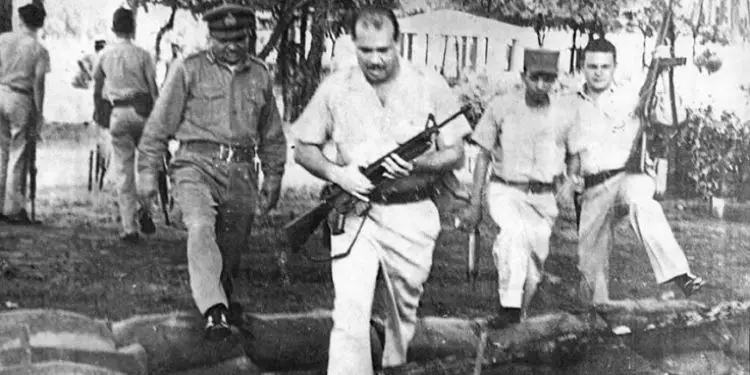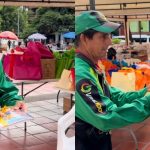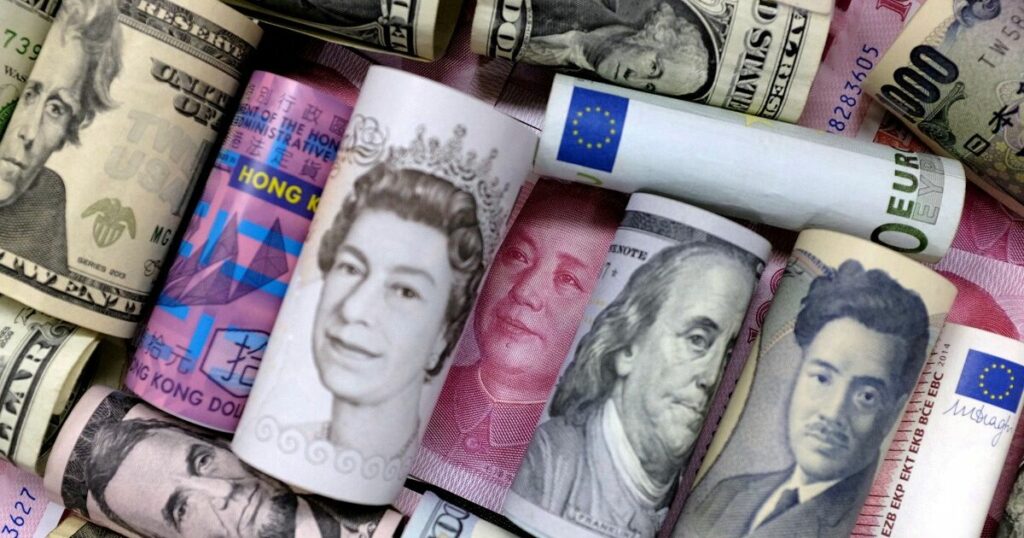Havana Cuba. – From the moment the bearded people of the Sierra Maestra seized political power in Cuba, and especially after the Second Declaration of Havana in 1962, they began the task of exporting their Revolution to a large group of Asian nations , Africa and Latin America.
This last region, in particular, knew of the presence of guerrilla groups with the direct participation of the Cuban military. We must remember, for example, the incursions of Antonio Briones Montoto in Venezuela, the companions of Jorge Ricardo Masetti in the jungle of Salta, in Argentina, until reaching the Bolivian adventure of Ernest Che Guevara.
To this should be added the substantial support provided by Castroism to the Sandinista guerrillas in Nicaragua, and also in Guatemala, El Salvador, Peru, and the Tupamaros in Uruguay.
But times have changed. Now the allies of Castroism have reached the government through institutional channels. That is, through the vote of the voters at the polls. Under these conditions, the Cuban rulers, displaying their chameleonic behavior, generally left behind the strategy of destabilizing Latin American governments.
In the new reality, the leaders of Castroism show an attachment to the institutional framework, especially in those nations where their allies govern. They reject the actions of the opposition that tend to defend democracy in countries where leftist dictatorships threaten to eliminate the rule of law, and hypocritically proclaim Latin America as a zone of peace.
It is in this context of change of face by the machinery of power in Cuba, that we arrive at the 50th anniversary of the fall in combat of Colonel Francisco Caamaño Deñó, who became a guerrilla in the mountains of the Central region of the Dominican Republic.
On a closed anniversary of that event, the Cuban ruling party barely remembered the fact. just the newspaper Granmain two lines of its last page in the print edition of Thursday, February 16, noted the following: “In 1973, Dominican Colonel Francisco Caamaño Deñó died in combat in the Dominican Republic, at the head of a guerrilla group.” And nothing more. No other media, neither television nor radio, echoed the event.
And it is that Cuba was not just any old thing for Caamaño, because after his mysterious departure from London at the end of the 1960s, where he was sent as a military attache after the convulsive situation that led to the intervention of the Organization of American States (OAS) in his country, Caamaño took refuge in Cuba.
Here on the Island, for several years, he dedicated himself to preparing a guerrilla group to try to overthrow the government of Joaquín Balaguer. By the way, a president who had had an active participation in the transition that followed the end of the tyranny of Rafael Leónidas Trujillo, and who was almost blind, the citizens still gave him their vote to continue in the presidency of the nation.
It is said that Caamaño, already about to leave for the Dominican mountains, had embraced the Marxist-Leninist ideology. One more reason to imagine that he had the full support of the Cuban authorities with a view to carrying out his insurrectionary work.
It seems that now the Castroites do not want to remember that they were the rearguard of Caamaño’s ill-fated adventure. Those who in these times pretend to be pacifists want to hide their past full of warmongering.
OPINION ARTICLE
The opinions expressed in this article are the sole responsibility of the person who issues them and do not necessarily represent the opinion of CubaNet.
















